Different types of bathtubs for the home: understanding the pros and cons
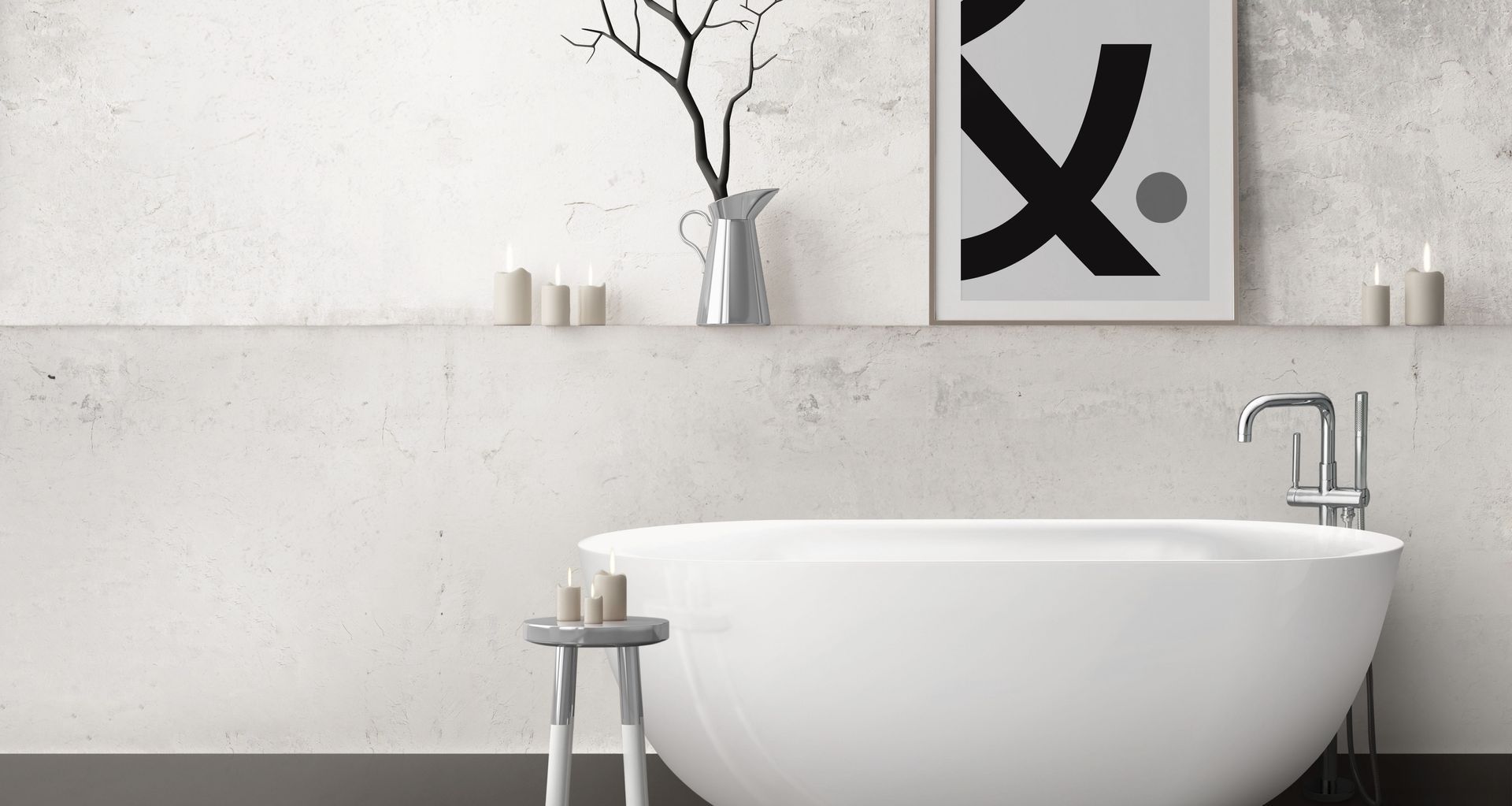
Knowing about all the types of bathtubs available will make your search quicker and easier. So what are the different types of bathtubs and what are their unique features, advantages and disadvantages? We’ve covered them all so you can decide which one will work best for your bathroom and meet the needs of everyone in your household.
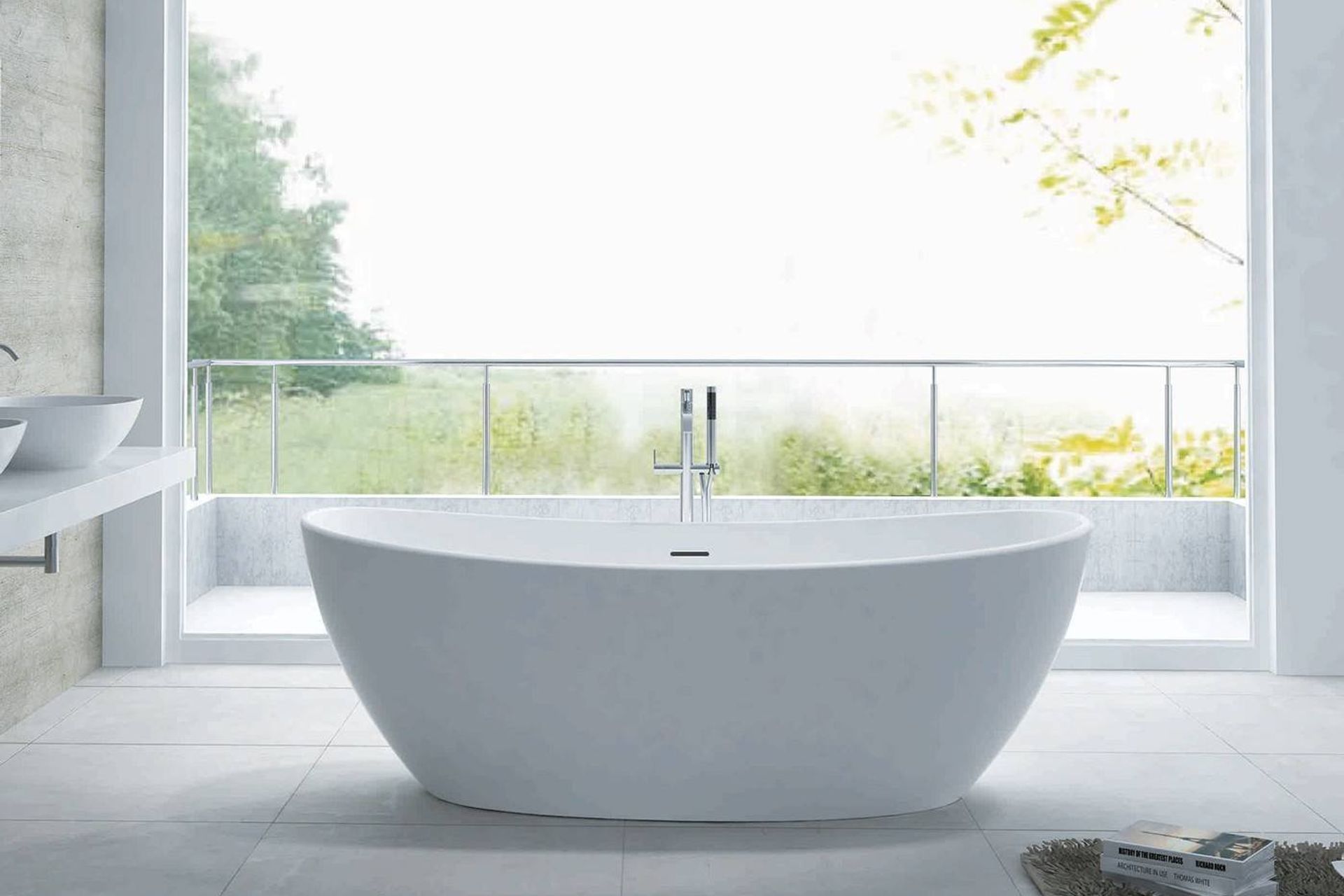
1. Drop-in baths
A drop-in bathtub is fitted inside a framed enclosure that usually matches the bathroom tiles or the cabinets in the room. These bathtubs sit directly on the floor, while the tile or the flooring in the bathroom covers the lip.
While there is a lot of flexibility with the design of these tubs, it can be inconvenient as you have to step over the lip of the tub to get into it. However, they do tend to be priced at the lower end of the spectrum compared to other types. Drop-in tubs are often made of porcelain enamelled steel.
Pros: Flexible design, affordable pricing, cohesive styling opportunities.
Cons: Tricky to enter for some, requires a framed enclosure.
Related article: Bathroom renovation costs in New Zealand — a complete breakdown
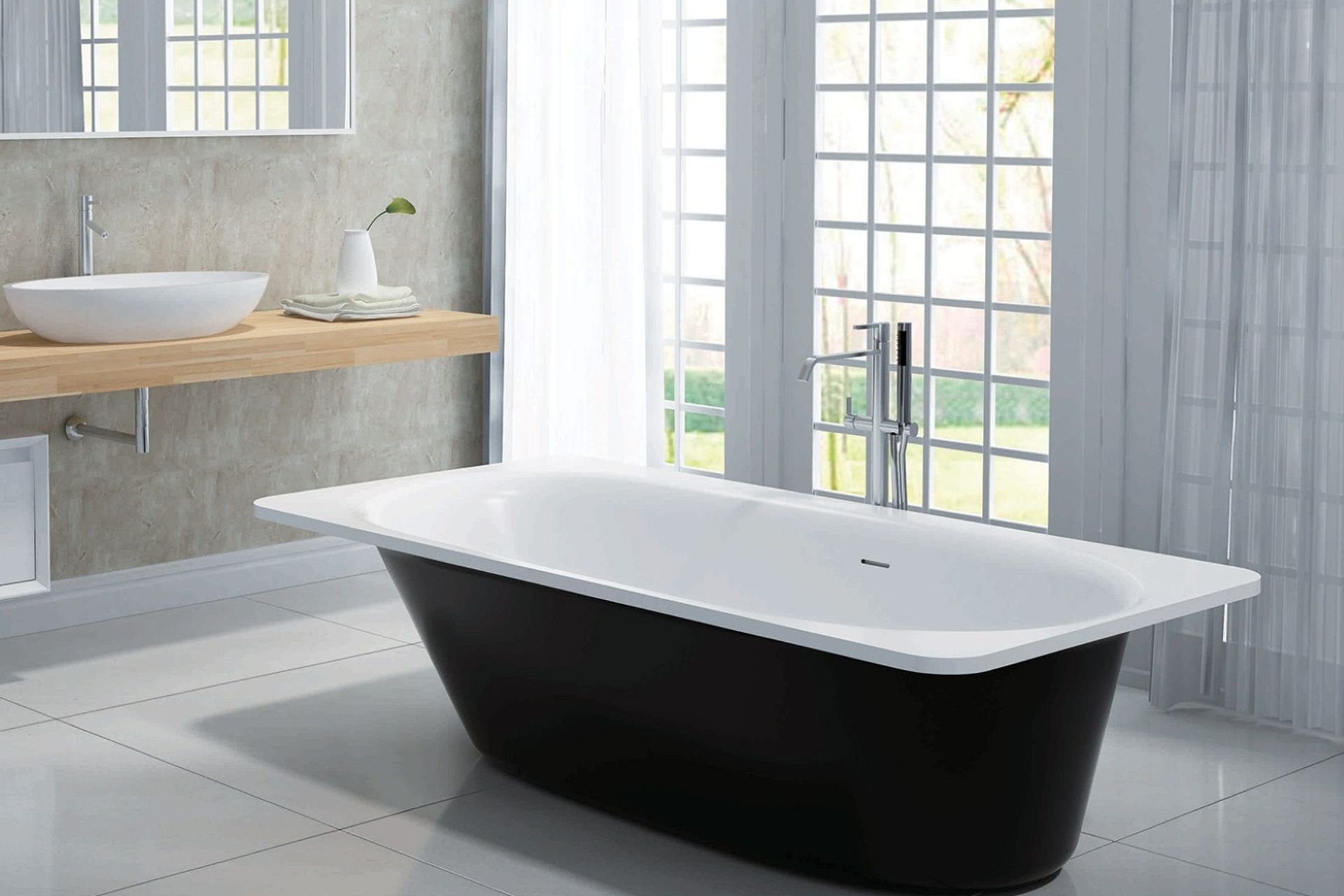
2. Corner baths
A corner bathtub is one that sits in the corner of your bathroom against two walls. This is great if you want to save some space in your bathroom, however, they are limited to the corners of your bathroom in terms of placement. Corner baths tend to be more square in shape which makes them more similar to soaking bathtubs than ones you can stretch out in.
Pros: Space-saving, soaking style.
Cons: Limited to corners, need to be large to stretch out.
Related article: Small bathroom ideas to make your space feel bigger
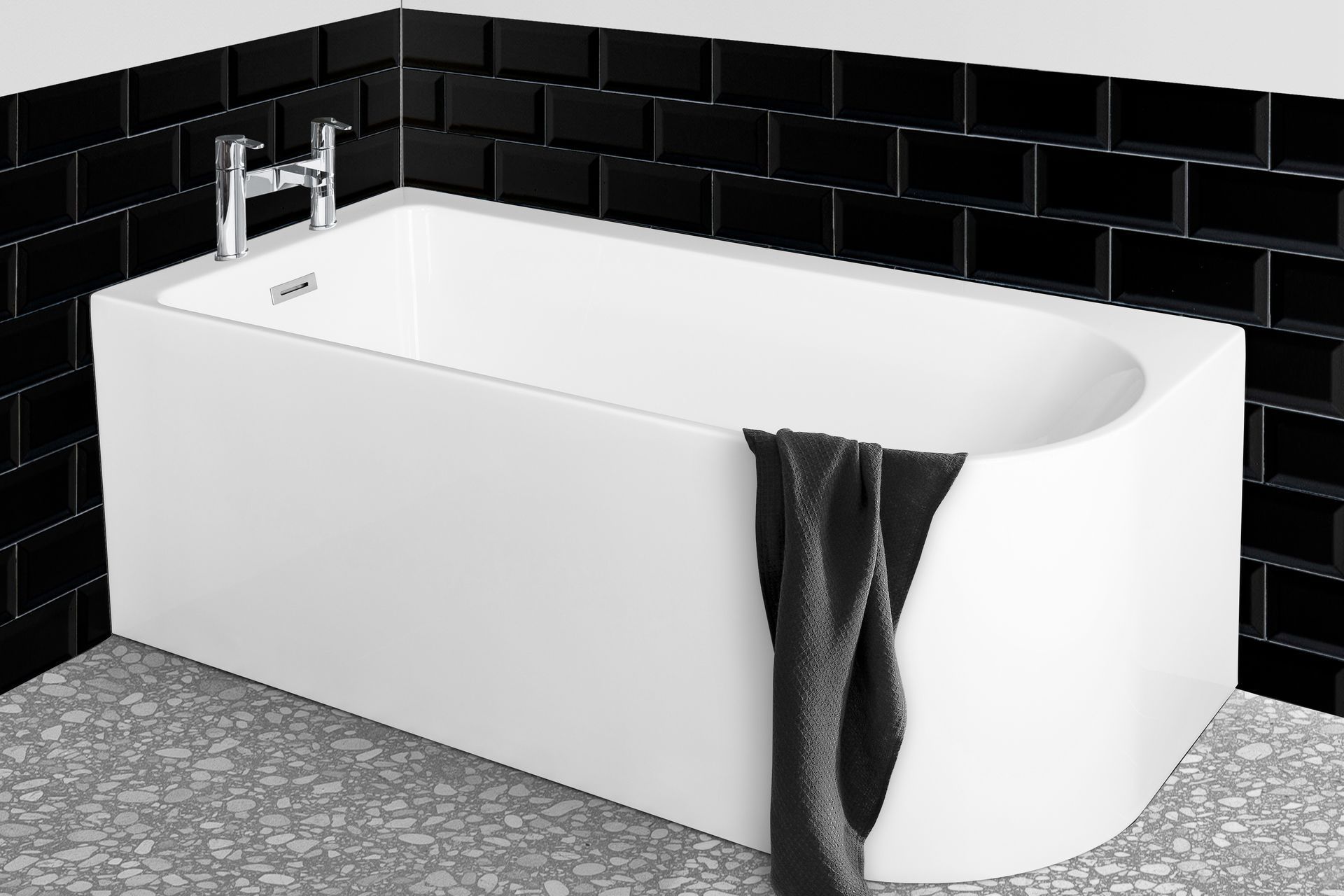
3. Back-to-wall baths
A back-to-wall bathtub is a popular choice for homeowners in New Zealand as a tub that backs up directly against a wall. It’s a quick and easy way to save space and is a great option for bathrooms on the smaller side.
While they are excellent for smaller bathrooms, they will require some sort of waterproofing like bathtub surrounds or tiling on the side that sits against the wall.
Pros: Popular choice, great for smaller bathrooms.
Cons: Bathtub surrounds are needed.
Related article: 11 exciting bathtub tile surround ideas
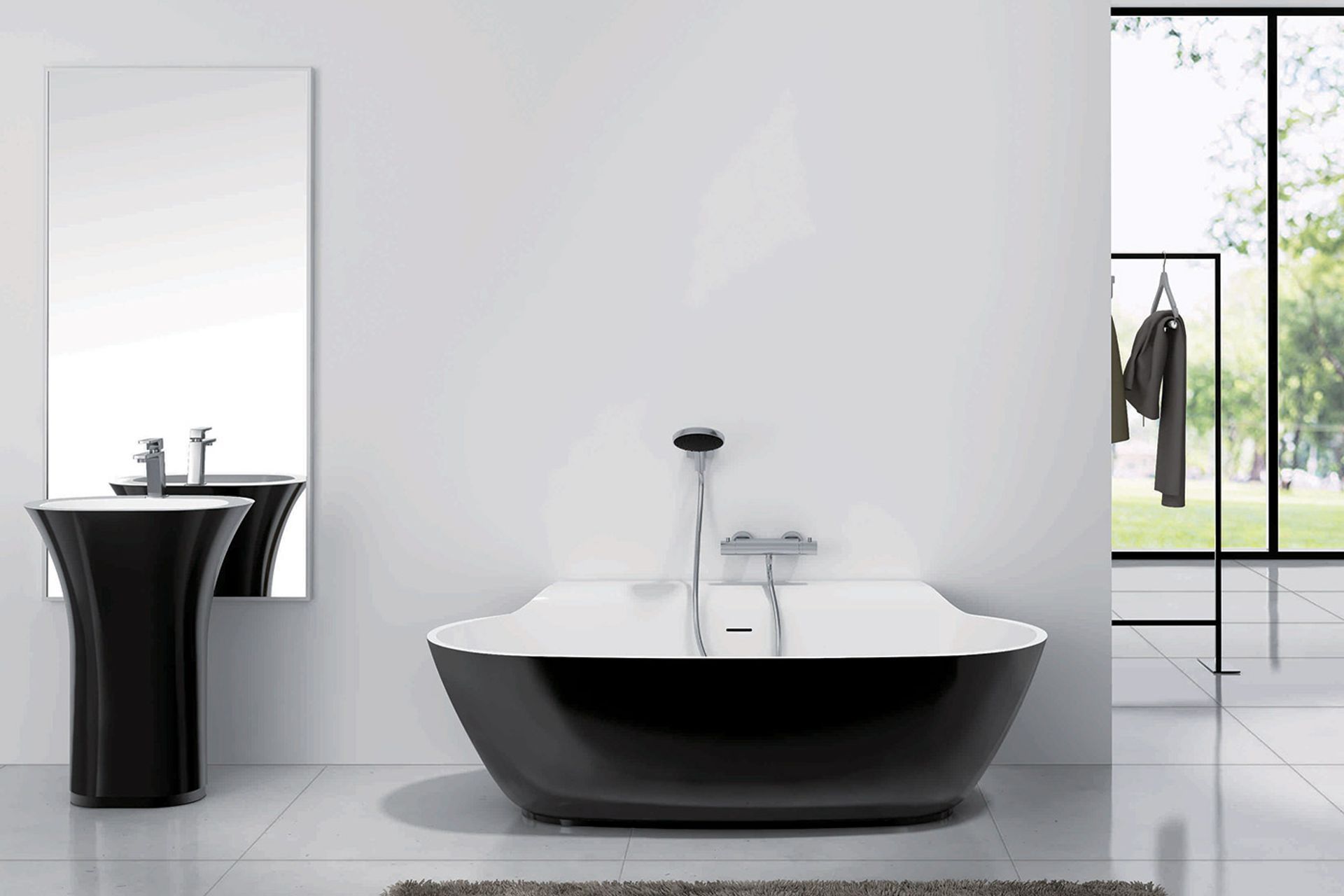
4. Clawfoot bathtub
A clawfoot tub is the quintessential, classic tub. The design gives you an air of class and adds a look of sophistication to any bathroom.
These are typically freestanding, so they can be placed wherever you would like them to go. They do tend to start at a slightly higher price point which can include installation costs. This is because they are often cast iron tubs so are significantly weighty.
Pros: Classic high-end styling, freestanding so can be placed anywhere.
Cons: Higher price range, heavy build.
Related article: How to plan and save money on a luxury bathroom design
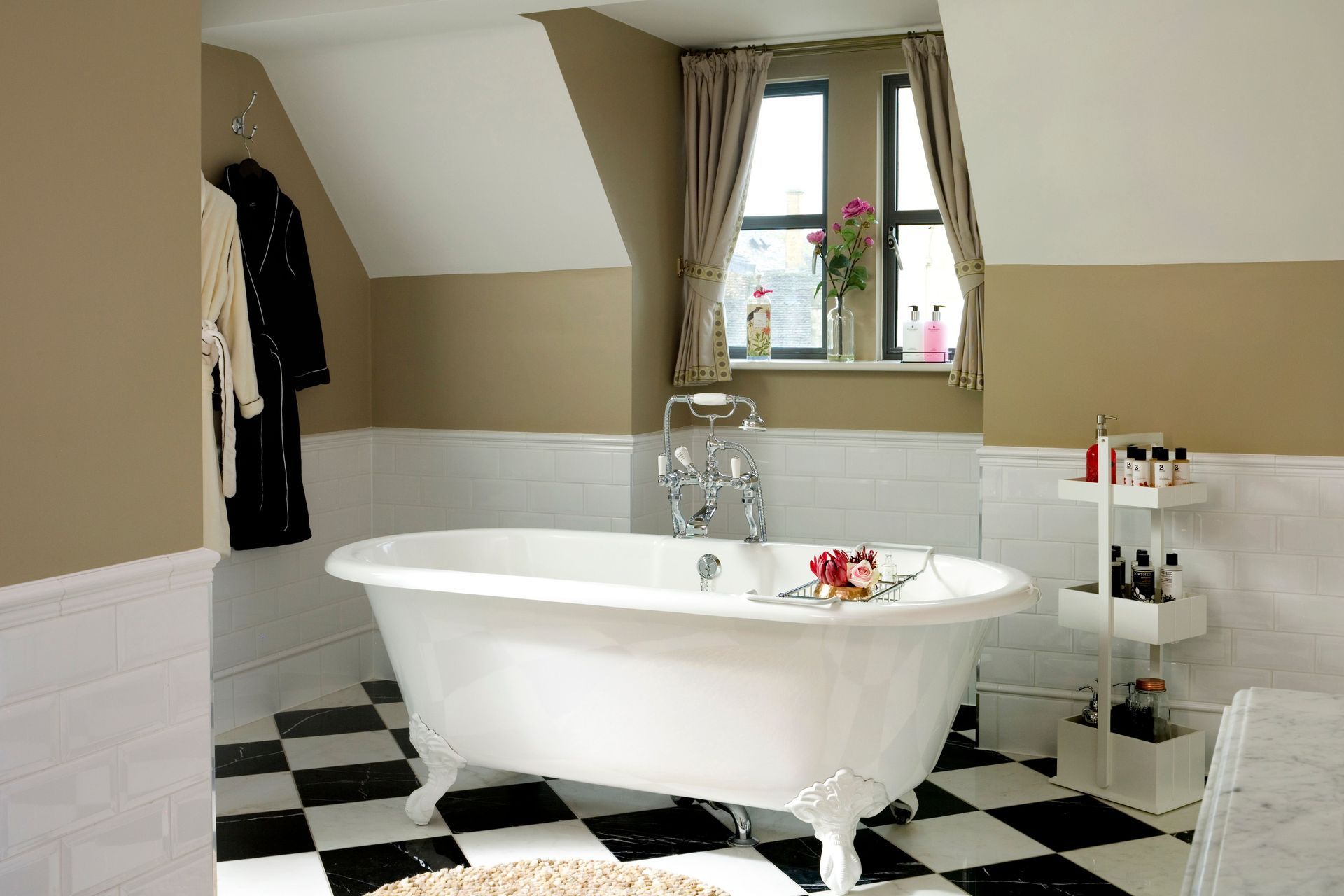
5. Freestanding baths
Freestanding bathtubs offer a lot of flexibility as they can go just about anywhere you want them to go. This allows you a lot of freedom with the design and layout of your bathroom.
However, freestanding baths can be a bit more on the expensive side of things if you are on a smaller budget. As they aren’t typically positioned near a wall or enclosed by framing there is also limited storage space for nearby toiletries so bathtub trays are often bought as an additional purchase.
Pros: Stylish, wide range of designs, flexible positioning and placements.
Cons: More expensive than other styles, additional storage solutions required.
Related article: 17 modern bathroom ideas from stunning New Zealand homes
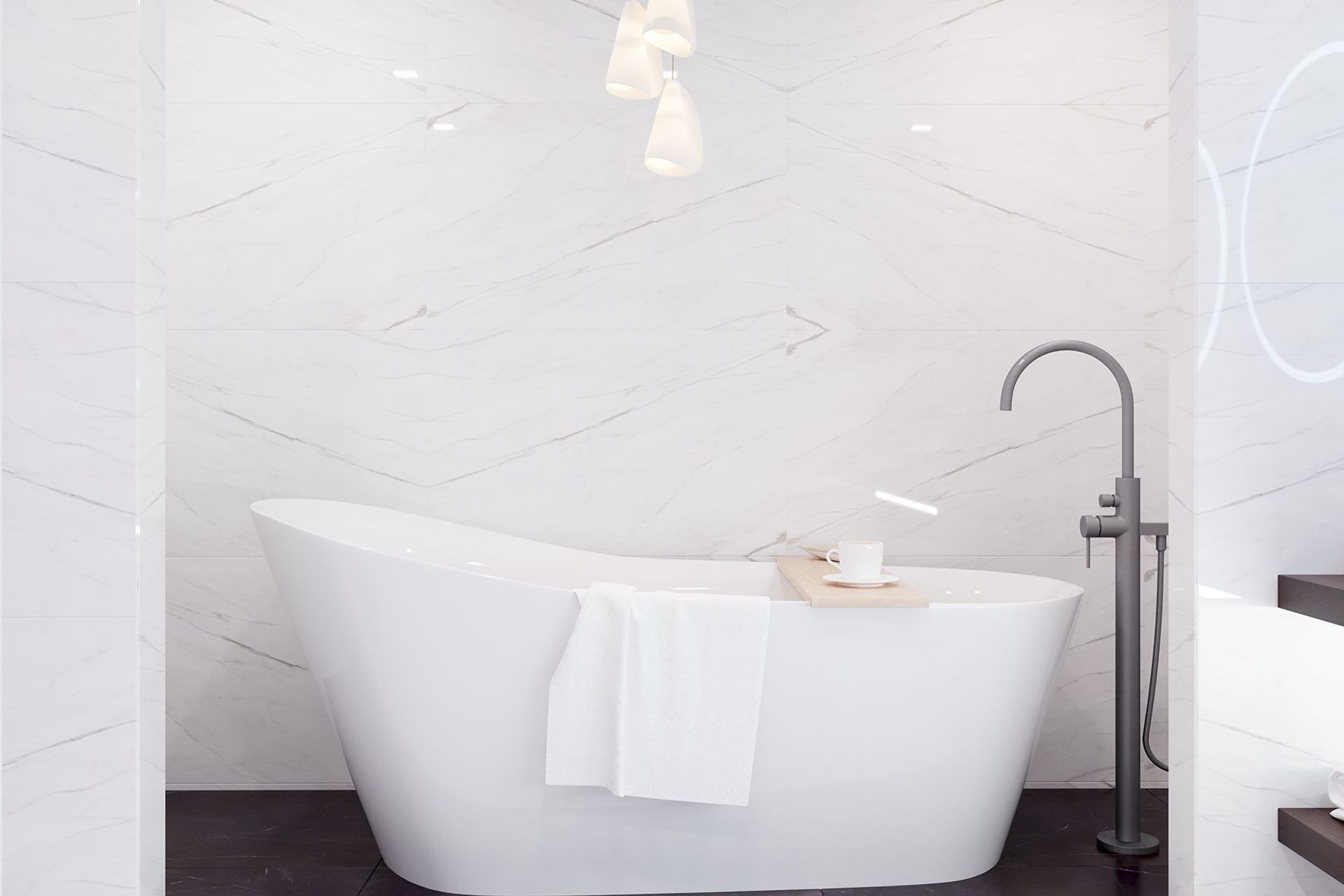
6. Alcove bathtubs
An alcove tub is one that is enclosed by three walls. These are very common in homes as well as hotels in New Zealand.
They tend to be tucked away from the rest of the bathroom, freeing up floor space for other bathroom features and storage. They are also pretty affordable as far as bathtubs go on this list. However, alcove bathtubs do tend to be sized fairly small which might not suit everyone.
Pros: Frees up floor space, affordable.
Cons: Requires an existing or built in alcove, typically smaller in size.
Related article: Freestanding vs built in bath: which is best for you?
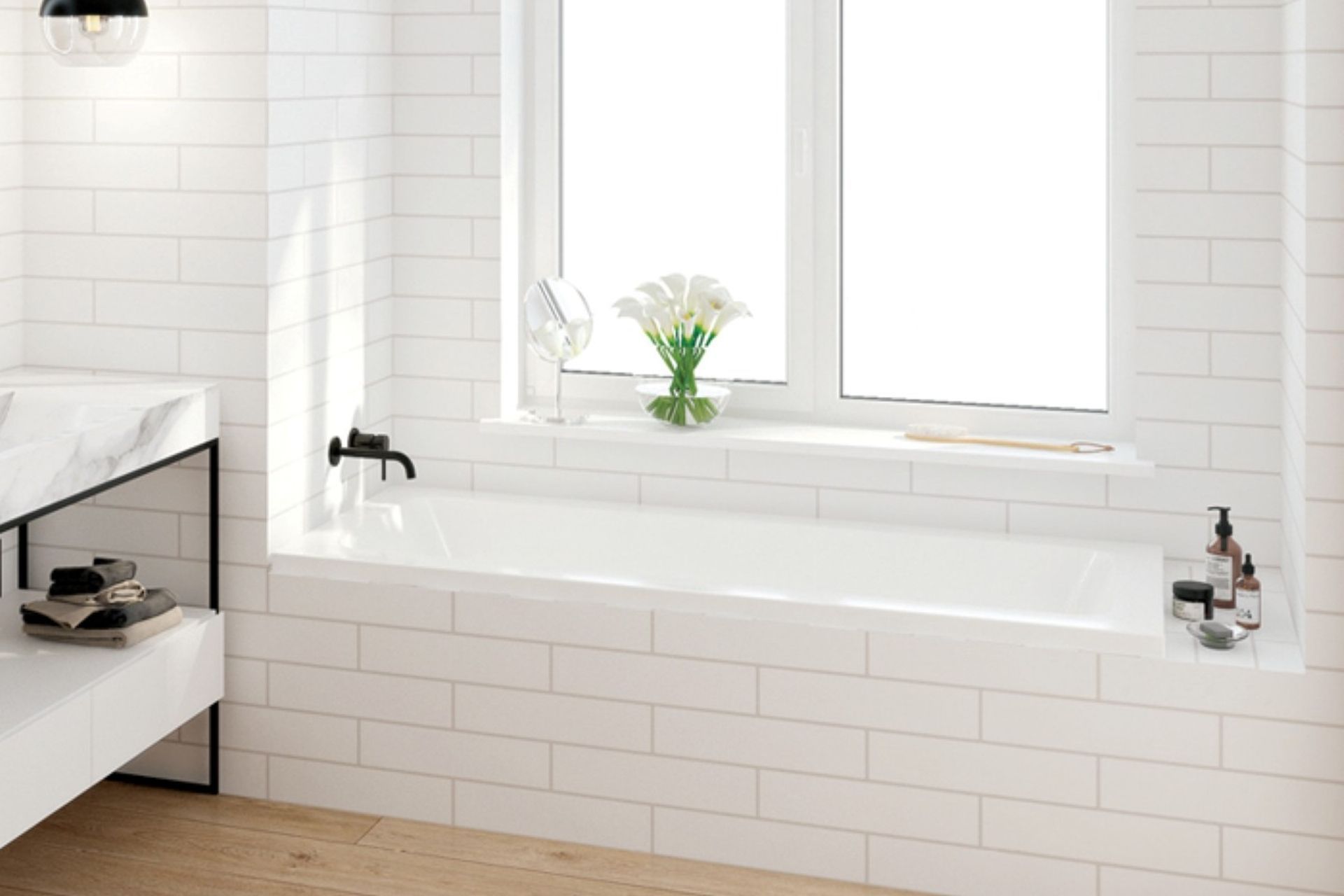
7. Walk-in bathtubs
Walk-in bathtubs, sometimes called accessible bathtubs, are a great option for those who need assistance or cannot step over a ledge to soak in a tub. These are great for senior citizens who want the independence of taking a bath without assistance.
These tubs are on the more expensive side as they have to be built differently to accommodate a functioning door. As a deep bath, they also use a lot of water.
Pros: Great for those with mobility issues.
Cons: Can be expensive, consumes a lot of water.
Related article: Bath vs shower: water usage, cleanliness and other FAQs
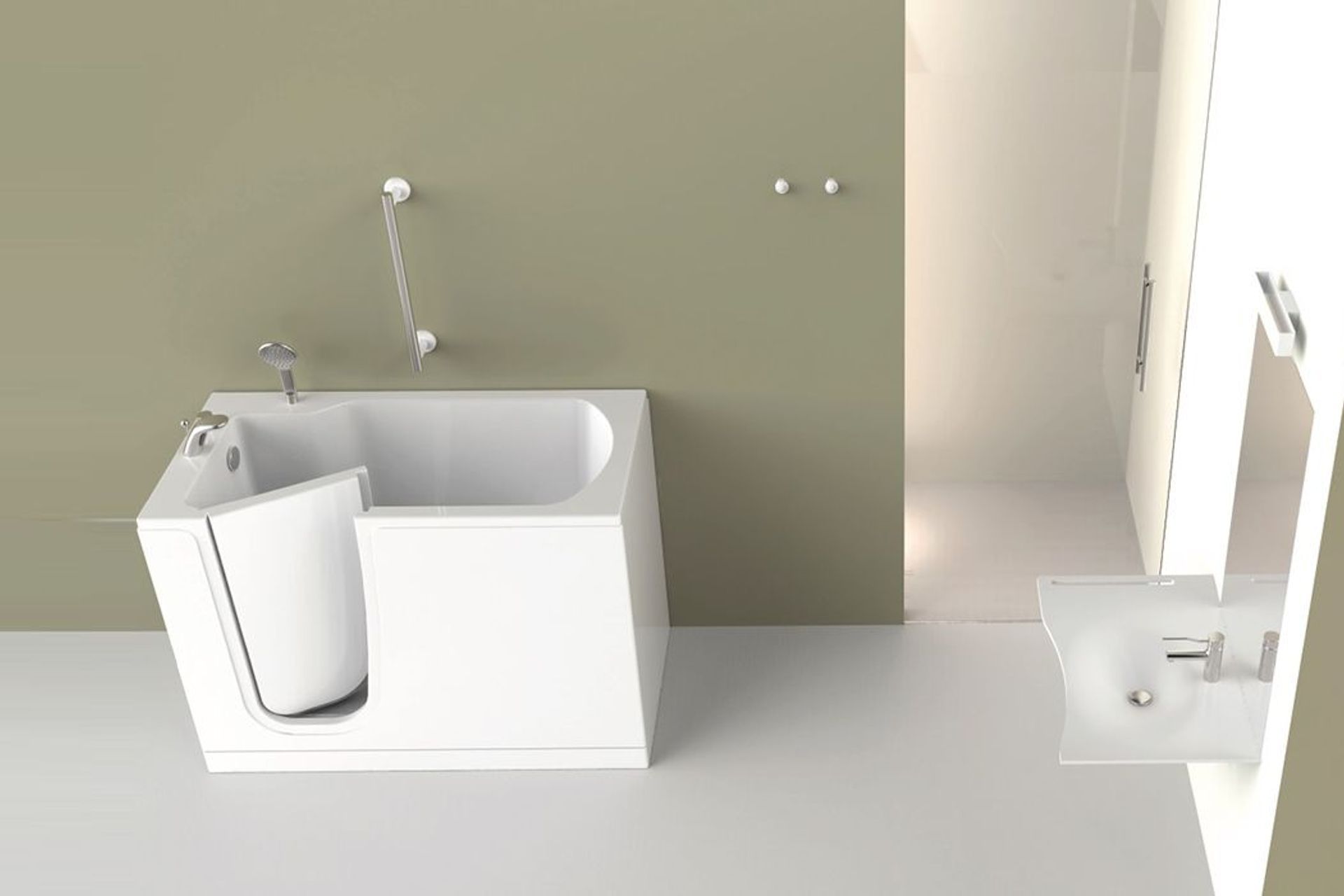
8. Whirlpool tubs
Whirlpool tubs or spa baths are an outstanding choice for those who simply insist on the best. While they are more expensive than some other options, they create a sense of relaxation that other tubs cannot.
With the whirlpool option, you are able to turn on water jets and get a little massage while soaking in the tub. Because of this added feature, they will require a bit more maintenance over the course of their lifespan compared to a regular tub.
Pros: Spa like features, incredibly relaxing.
Cons: Pricey, some ongoing maintenance required.
Related article: What are the best bathroom accessories to have in a modern and stylish space?
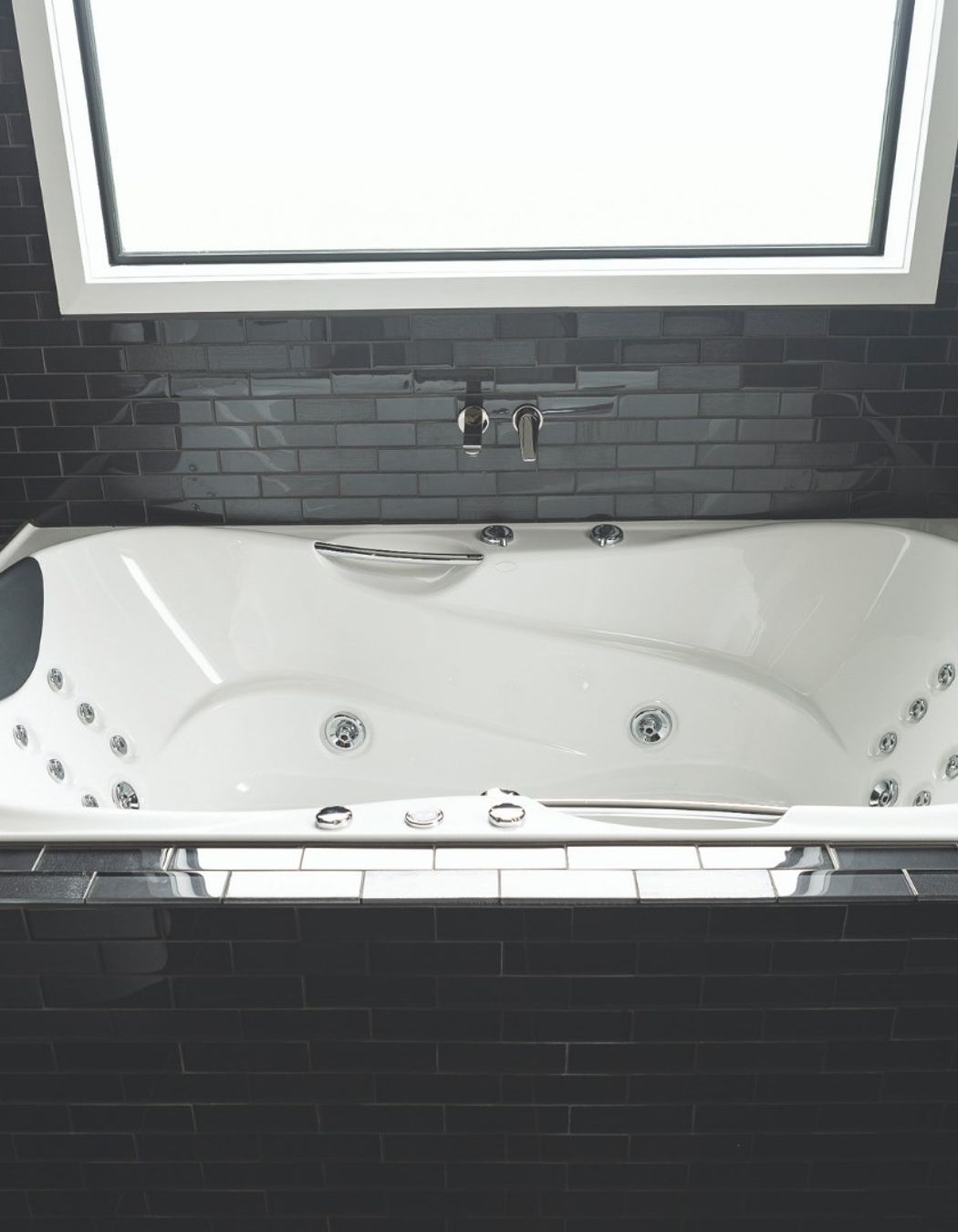
9. Soaking tubs
Soaking tubs are meant for total submersion, a popularised style from baths in Japan. They are usually quite deep so that you can cover your entire body with water when in the tub. This means that there is usually more water in these tubs than in others to allow for total submersion.
These tubs are taller than other tub options and tend to be freestanding tubs.
Pros: Offers near full body submersion, soothing.
Cons: Uses more water than most other types of tubs.
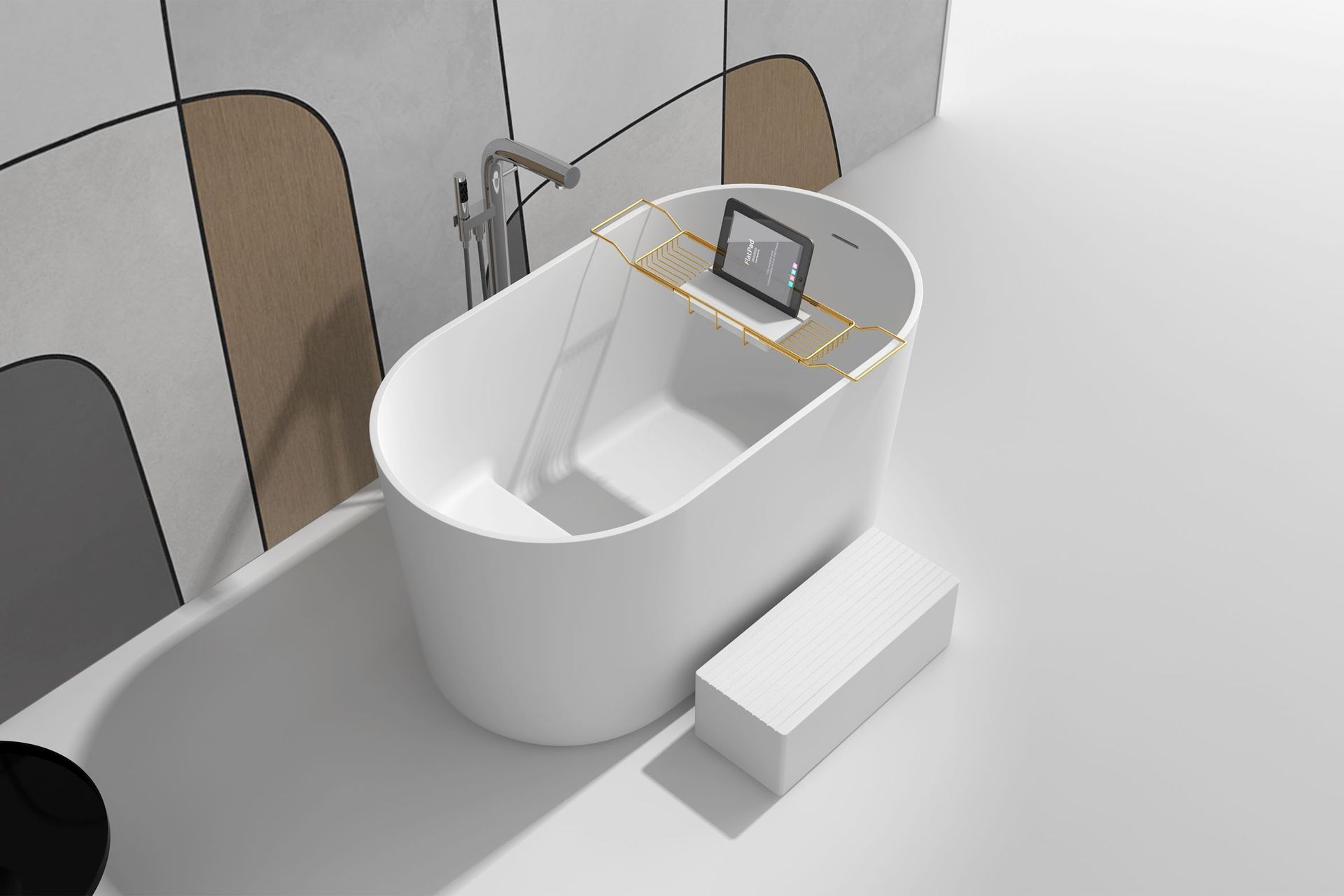
10. Hammock bathtubs
A hammock bathtub offers high-quality relaxation. They are a relatively new type of bathtub and are considered high-end options, adding a unique look and feel to any bathroom.
If you want to escape reality and bathe hanging off of the ground, then a hammock bathtub is definitely a worthwhile choice.
Pros: Unique, adds designer credentials to a bathroom, epitome of luxury.
Cons: Expensive, fewer options available as a new and emerging product.
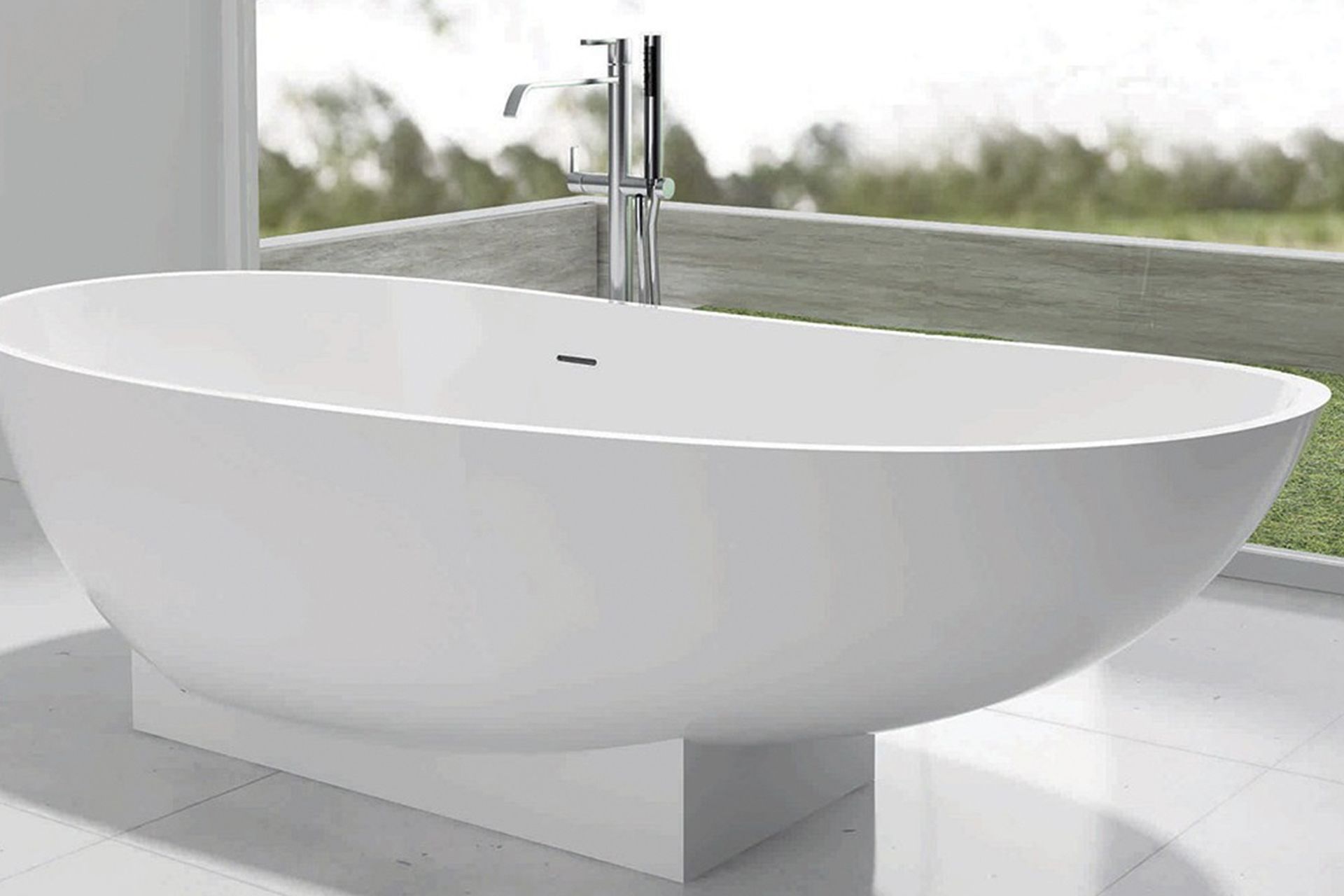
11. Shower tub combos
Shower baths are a very typical option that you find in many households across New Zealand. This is when a bath and shower are combined as one feature. The showerhead sits right above the tub as well as the normal bath spout they all come with.
These are great for households where people like to take both baths and showers regularly. They also save you a lot of space as you can combine two bathroom features. However, shower baths don’t always appeal to everyone from a styling point of view as they can look a little cluttered.
Pros: Combines two bathroom features in one, good for small bathrooms.
Cons: Styling won’t appeal to all.
Related article: Bathtub sizes in New Zealand: making the right choice
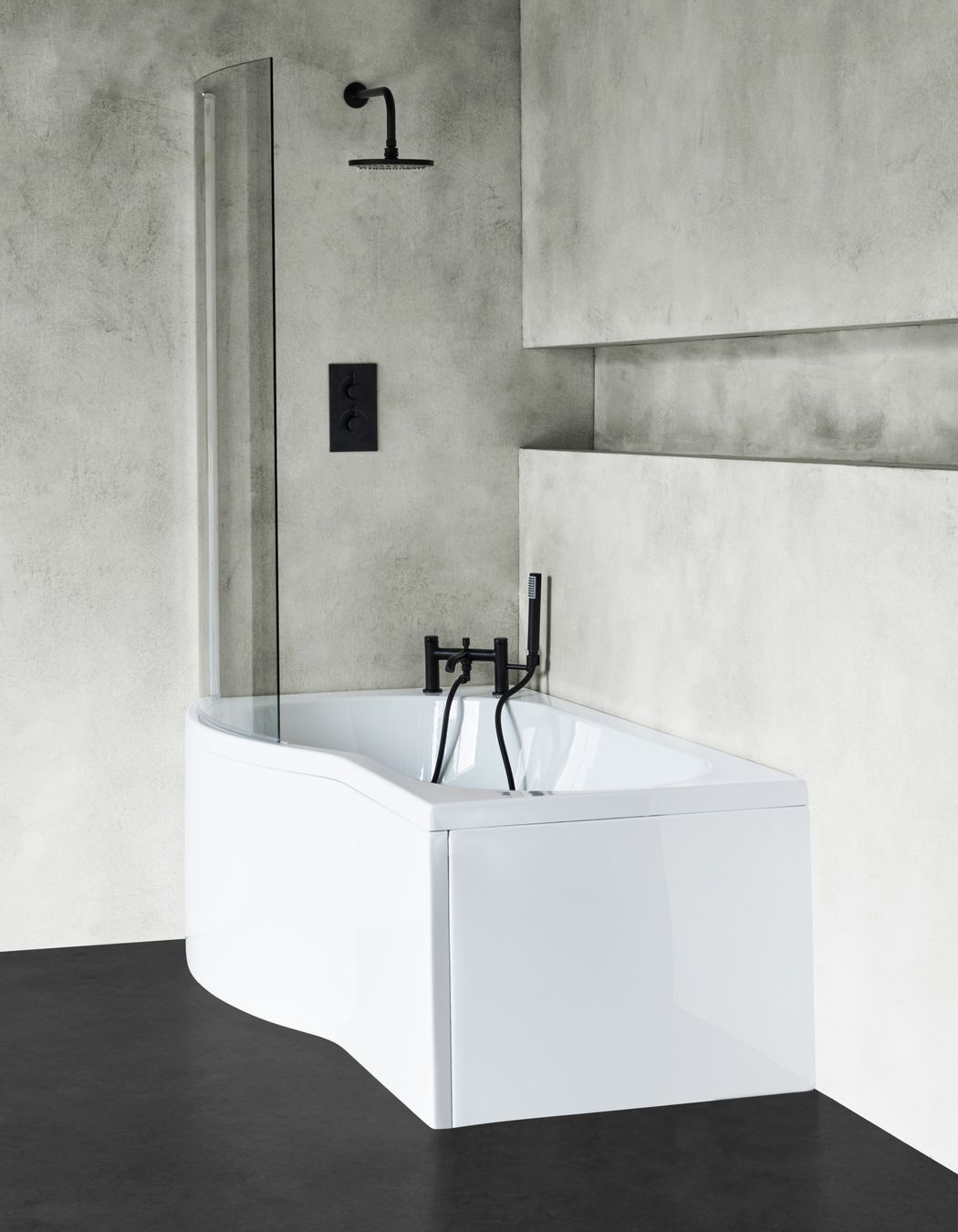
12. Slipper bath
A slipper bath is an increasingly popular style of freestanding bathtub with one end raised higher than the other, resembling a slipper. It's designed to offer comfortable back support during a soak for an indulgent experience.
They have a unique, elegant and sophisticated aesthetic which sets them apart, however, they are larger than standard bathtubs requiring more space. They also tend to be higher in price too.
Pros: Comfortable back support, soothing relaxation, elegant design.
Cons: Large in size, can be expensive.
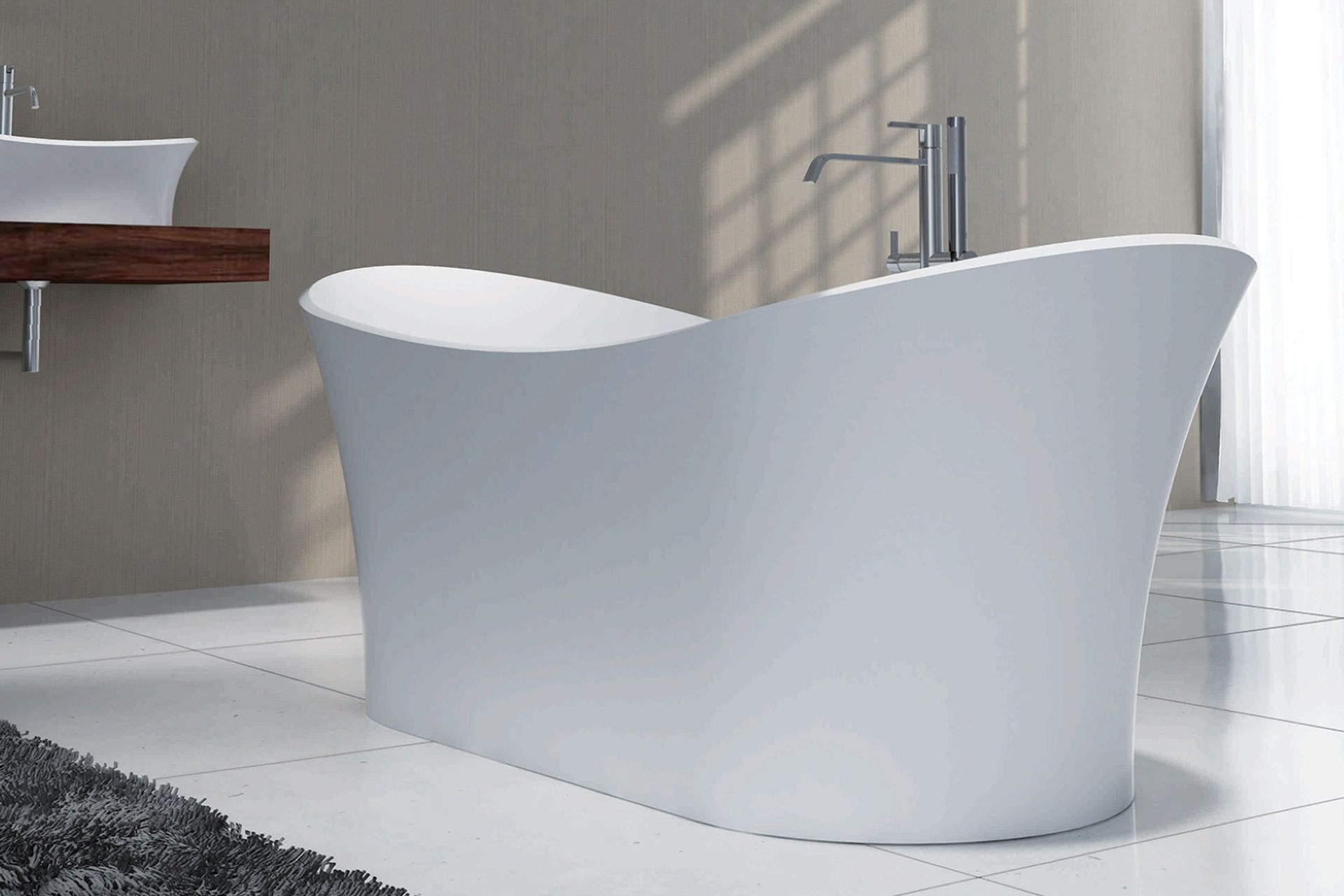
Some excellent types of bathtubs to consider
Whether you are moving to a new home and want to get a new bathtub, or you are going through a home renovation, choosing a bathtub will be one of the most important decisions you make for your bathroom. By understanding all the different types of bathtubs and what they’re able to offer, you’ll be able to easily pick one that meets all your needs for years to come.
(This article was updated on 25th November 2024)
Discover an extensive range of high-quality bathtubs on ArchiPro
